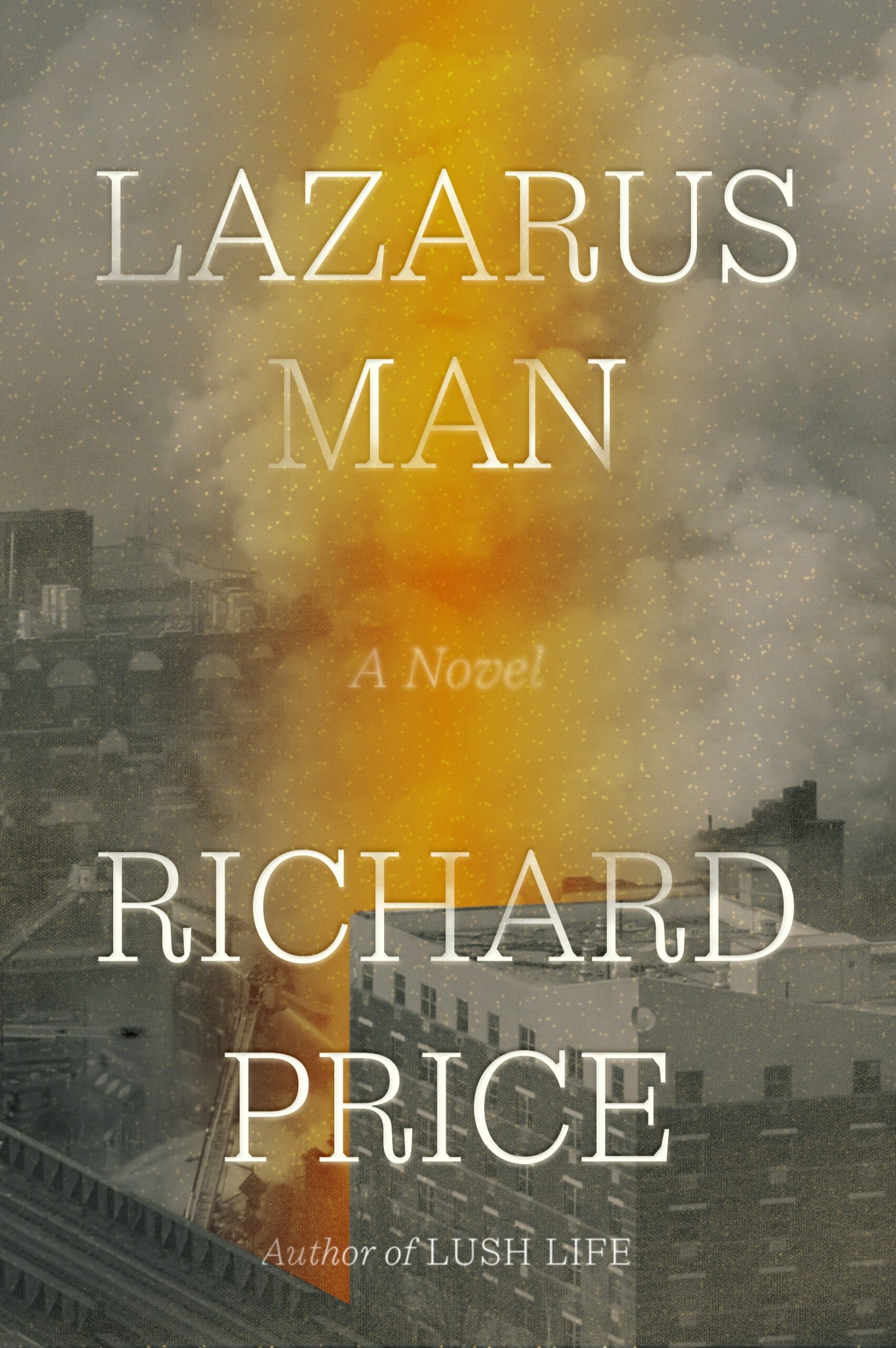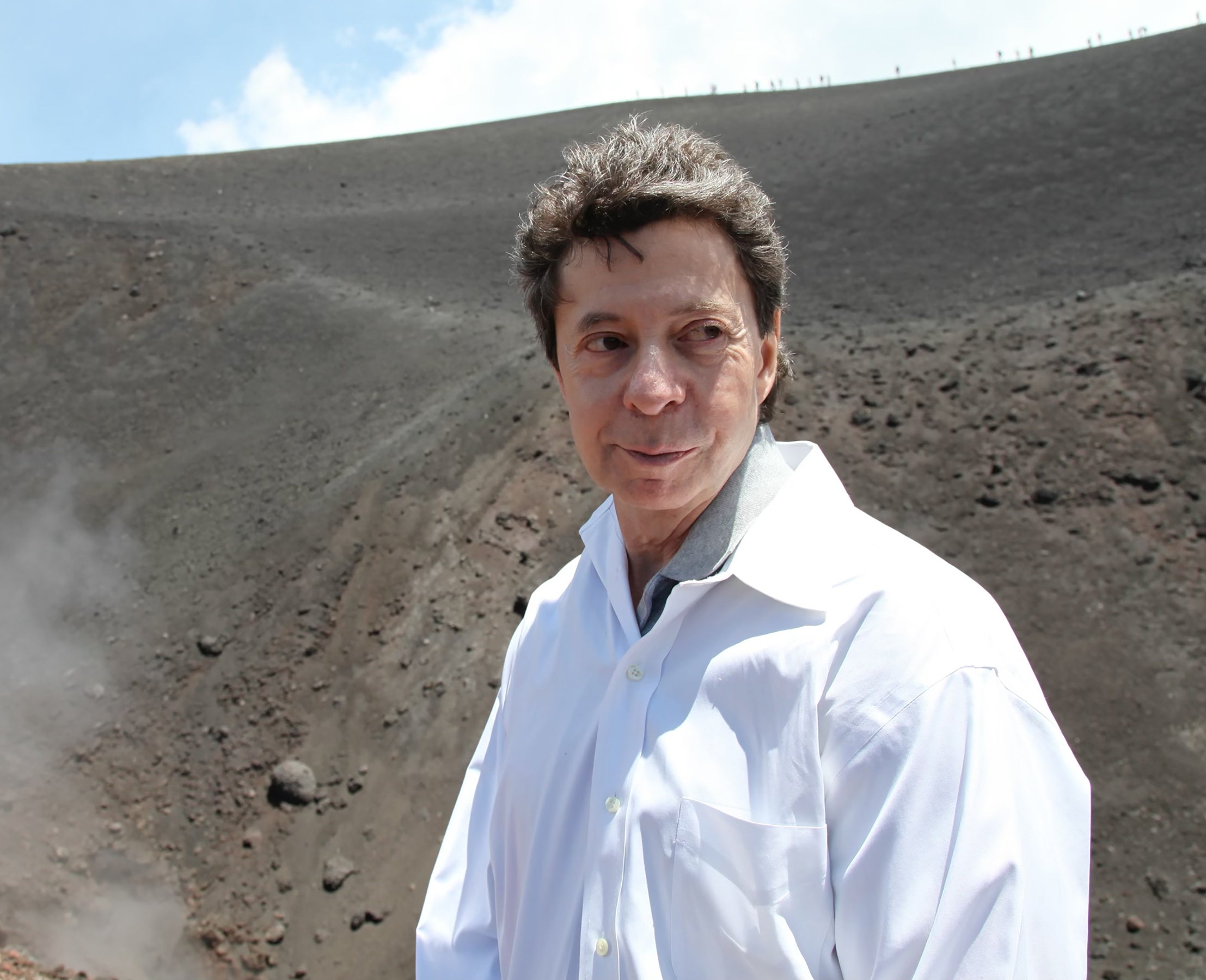Richard Price has been described as “the premier chronicler of life in urban America.” He’s the author of the novels “Lush Life” and “Clockers,” which Spike Lee adapted into a movie.
Price has also written for one of the best television series ever made. You know which one I’m talking about. That’s right. It’s “The Wire.”
Price’s latest novel is called “Lazarus Man.” It’s inspired by the tragic true story of a gas leak, an explosion and the collapse of a five-story tenement in East Harlem in 2014.
News with a little more humanity
WPR’s “Wisconsin Today” newsletter keeps you connected to the state you love without feeling overwhelmed. No paywall. No agenda. No corporate filter.
His prose is exhilarating and his characters are vivid and ultra-real. One of the main characters is Anthony Carter. He survives the explosion, and the traumatic experience transforms him into a man with a message.
Price gigs in with WPR’s “BETA.”
The following interview has been edited for clarity and brevity.
Doug Gordon: Why did you decide to write this novel?
Richard Price: I had moved to Harlem and I felt like I wanted to do a panoramic novel that takes in Harlem, not historically, but in the moment.
DG: And this is actually something that really happened. This real life building collapsed in 2014 near your home. Why did the building collapse and how many people were injured and killed there?
RP: I don’t know for sure. It just happened 20 blocks away from my house. And I can feel the vibrations of the collapse in my jawline.
There’s a reporter in me, and I just made my way down there post-collapse. I didn’t know what to do with that. At the time, I didn’t think of it as like, aha — is that the center of my book? It just stuck with me. And it’s evolved.
DG: I can see why that would be the case. I’ve read that when you sit down to write, you start with an inciting incident and that the last thing that comes to you is the plot. How did this approach affect the way you wrote “Lazarus Man”?
RP: Plot to me isn’t itself an afterthought. That would be too glib. But I’m interested in a situation in which you can ride that situation like a horse through a very complex geography and pull everything in.
In the course of investigating that incident or how that incident impacted people from all different walks of life, people who’ve never met each other will meet each other because of it. What’s the rest of your day like? What’s the rest of their biography like? I just need something to pull in, like a magnet.
DG: The first character that we meet in “Lazarus Man” is Anthony Carter. And I think it’s fair to describe him as the protagonist of the book. Can you tell us about Anthony?
RP: Yeah, he’s a lost soul. I mean, he’s early middle age. He’s basically had a rough childhood, had a rough father. His father’s death triggered an old cocaine habit, which started a tumble. His wife and his stepdaughter left him.
He’s pretty much unemployable, but at the same time he knows he’s better than his situation, and he’s just trying to find it a way to become normal again. And what brings him to this building collapse is that there’s a big and tall men’s shop a few doors down. And he wants to apply for the job of a floor salesman.
DG: Miraculously, Anthony survives the building collapse. How does this change him?
RP: He becomes a Lazarus because he’s been buried and now he’s risen. And in the waves of warmth from people toward this lone survivor, he starts transforming and he just finds himself.
He becomes a teacher. I wouldn’t exactly call him a prophet, but he has a full heart now for the first time in decades. And he wants to share with everybody.







